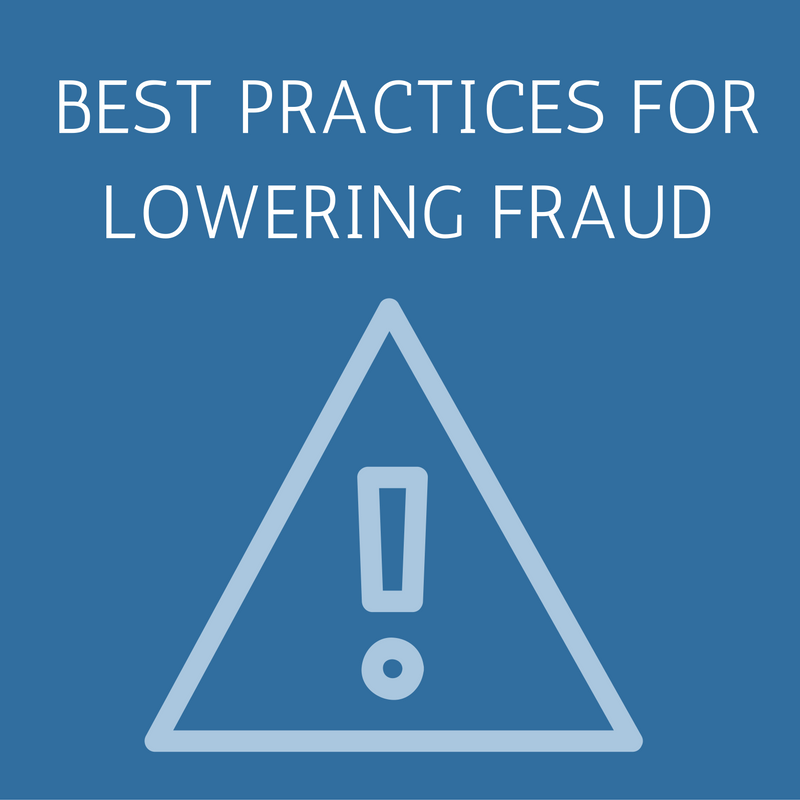| Outsourcing claims review and physician advisor services lowers risks and mitigates the impacts from mergers by providing consistency and independence. Click HERE for more outsourcing benefits with an expert from BHM. |
 Building strong payer/provider relationships is critical to lowering the risk of fraud. Because the nation’s health care industry uses third-party payers such as commercial insurers and Federal and State government, the relationship between payer and provider is one that needs a lot of care and attention. From coding to physical documentation, these 4 tips are outlined by the Department of Health and Human Services as the most important ingredients to successful payer-provider relationships.
Building strong payer/provider relationships is critical to lowering the risk of fraud. Because the nation’s health care industry uses third-party payers such as commercial insurers and Federal and State government, the relationship between payer and provider is one that needs a lot of care and attention. From coding to physical documentation, these 4 tips are outlined by the Department of Health and Human Services as the most important ingredients to successful payer-provider relationships. #1 Coding and Billing Must Be Accurate.
- Allocate resources to keeping coding and billing practices are accurate and updated.
- Controlling documentation and keeping a close eye on both physician documentation and coders processes, are important for avoiding fraud and abuse.
- Keep an eye out for irregular billing patterns and reports.
Billing for services that you did not actually render and billing for services that were not medically necessary are two examples of improper claims.
Examples of Fraud and Abuse in Billing
- “A psychiatrist was fined $400,000 and permanently excluded from participating in the Federal health care programs for misrepresenting that he provided therapy sessions requiring 30 or 60 minutes of face-to-face time with the patient, when he had provided only medication checks for 15 minutes or less. The psychiatrist also misrepresented that he provided therapy sessions when in fact a non-licensed individual conducted the sessions”
- “An endocrinologist billed routine blood draws as critical care blood draws. He paid $447,000 to settle allegations of upcoding and other billing violations.”
#2 Physical Documentation: The Medical Record
Good documentation practice helps ensure patients receive appropriate care. It also helps address challenges raised against the integrity of bills for malpractice litigation and appeals.
- Maintain accurate and complete medical records and documentation for services provided.
- Documentation should support claims send for review.
- Great documentation can result in overall better patient care and provides physical record if your integrity is ever challenged.
#3 Follow Proper Prescription Authority Procedures
If you apply for a The Drug Enforcement Administration (DEA) number you will be require to follow important procedure regarding the Controlled Substances Act.
Always ensure you follow strict prescription writing guidelines for lawful purposes.
Case Study Prescription Authority
- “A physician was ordered to pay $50,000 in restitution to the Government for falsely indicating on his provider number application that he was running his own practice when, in fact, a neurophysiologist was operating the practice and paying the physician a salary for the use of his number.”
- “An osteopathic physician was sentenced to 10 years in prison and ordered to pay $7.9 million in restitution after she accepted cash payments for signing preprinted prescriptions and Certificates of Medical Necessity for motorized wheelchairs for beneficiaries she never examined. More than 60 DME companies received Medicare and Medicaid payments based on her fraudulent prescriptions.”
#4 Understand Medicare Reimbursement
- According to the DHH physicians bill Medicare “as participating providers, which is referred to as ‘accepting assignment.’”
- “Accepting assignment means that the physician accepts the Medicare payment plus any copayment or deductible Medicare requires the patient to pay as the full payment for the physician’s services and that the physician will not seek any extra payment (beyond the copayment or deductible) from the patient.”
- Medicare promulgates a fee schedule setting the reimbursement for each physician service. Then they pay 80% of the fee schedule amount and the beneficiary pays 20%.
- “Medicare participating physicians may not bill Medicare patients extra for services that are already covered by Medicare.” If they do, a violation is made.
Keep these important tips in mind with your relationships with payers and you too can avoid fraud and abuse of the healthcare payment system. You can find the original document from DHHS here.
